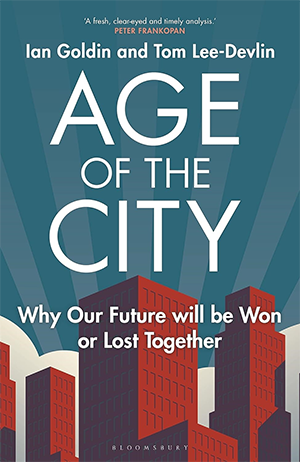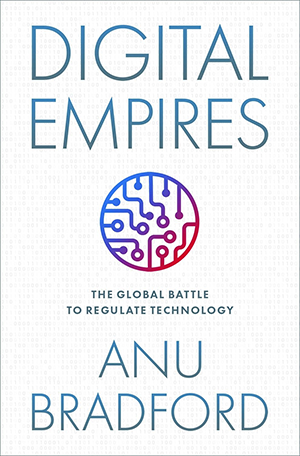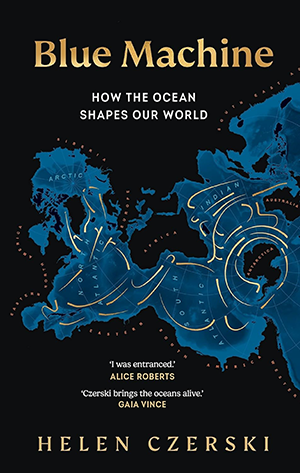
Ian Goldin and Tom Lee-Delvin, Age of the City: Why our future will be won or lost together, London: Bloomsbury, 2023, 256 pp.
From the cultural centres of Classic Antiquity, such as Athens and Rome, to the greatest modern metropolises like New York or Shanghai, cities have been the historical engine of progress and the stage for our best civilizational achievements — consider the birth of democracy in Athens, the Renaissance in Florence, the industrial revolution in Manchester, or the digital revolution in Palo Alto.
The authors of this book argue that cities concentrate contemporary challenges but also provide laboratories that will create solutions for the key challenges of the future. Over half of the world’s population lives in cities and it could be two thirds in 2050. Cities represent over 80% of the world’s GDP. The rise and evolution of cities in the twenty-first century provides the focus of the book, wherein the authors identify four major threats to a sustainable future: pandemics under globalization reliant on the free movement of people and commodities; grievous damage already caused by climate change; the inability to rein in economic and intergenerational inequality; and loneliness as signified by our drift into online social atomization. Add to that fast-paced globalization and technological change generating massive wealth concentration in a small number of expanding cities, leaving many smaller cities and towns behind, feeding into a new phase of populist resentment. Casting aside any defeatist view, Goldin and Lee-Delvin point to viable paths, prescribe priorities, and come up with realistic ways to roll back trends that have too long been allowed to take root.



